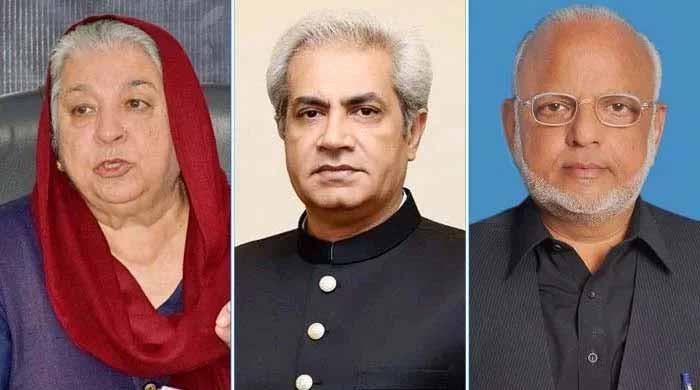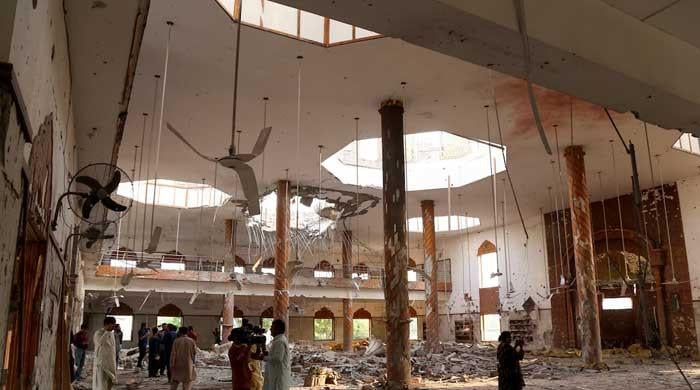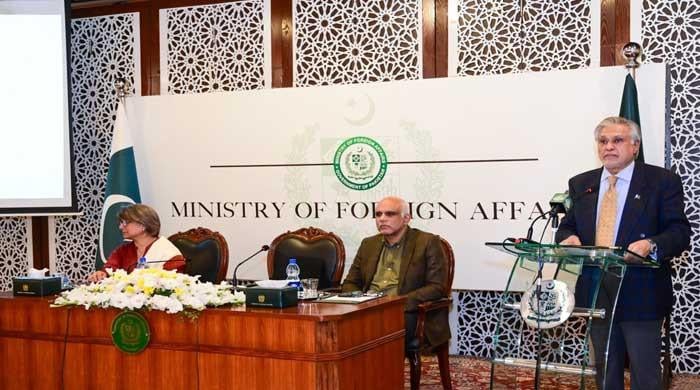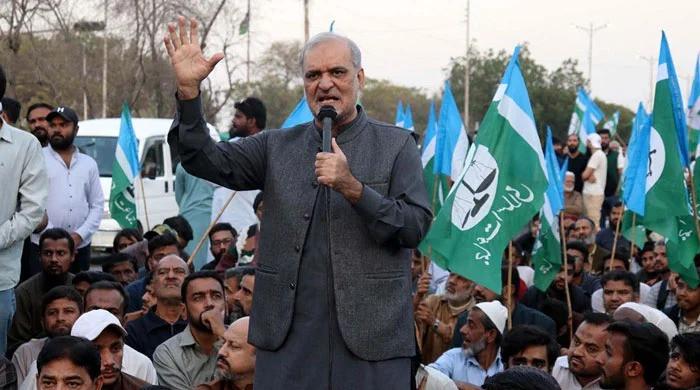Pakistan rejects 'unilateral and arbitrary designation' by US in religious freedom report
Foreign office expresses concern over reports of growing Islamophobia in the US and western countries
December 25, 2019
ISLAMABAD: Pakistan on Tuesday denied the "unilateral and arbitrary designation" by the US in its religious freedom report, the spokesperson for the ministry of foreign affairs (MoFA) said in a statement.
A press release tweeted by foreign office spokesperson Aisha Farooqui said the designation by the US was "not only detached from the ground realities of Pakistan but also raises questions on the credibility and transparency of the entire exercise".
The press release said it seemed as if selected countries had been targeted in the report and the designation will prove to be of no help in advancing the cause of freedom of religion.
The foreign office said Pakistanis enjoyed freedom to practice their religions irrespective of caste, creed and faith.
"The subjectivity and bias of the State Department's designations are further illustrated by the conspicuous omission of India, the biggest violator of religious freedom.
"The U.S. Congress has held two hearings and more than seventy U.S. legislators have publicly expressed concerns over India's treatment of Kashmiris and prolonged suppression of their fundamental rights in the Indian Occupied Jammu and Kashmir (IOJ&K)," read the press release.
Pakistan said it was concerned about growing reports of Islamophobia in the US and other western countries.
Read more: US 're-designates' Pakistan as 'country of particular concern' for religious freedoms
According to a press release issued by the state department, the US government had identified Pakistan as a "Country of Particular Concern" for having engaged in or tolerated “systematic, ongoing, [and] egregious violations of religious freedom".
Acting under the US International Religious Freedom Act of 1998, the state department also listed Burma, China, Eritrea, Iran, North Korea, Saudi Arabia, Tajikistan, and Turkmenistan on the watch-list.
Pakistan had been re-designated on the watch-list despite taking measures aimed at improving the treatment of minorities in the country, and reducing discrimination based on religion or belief.









